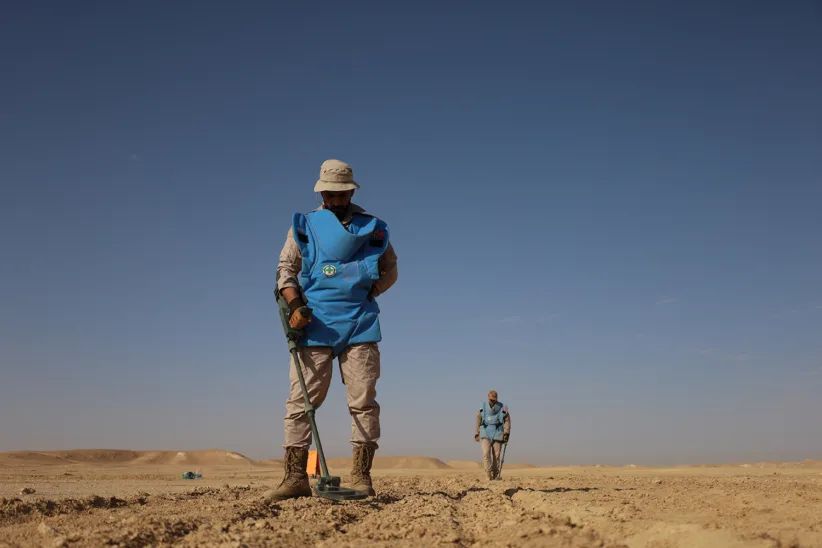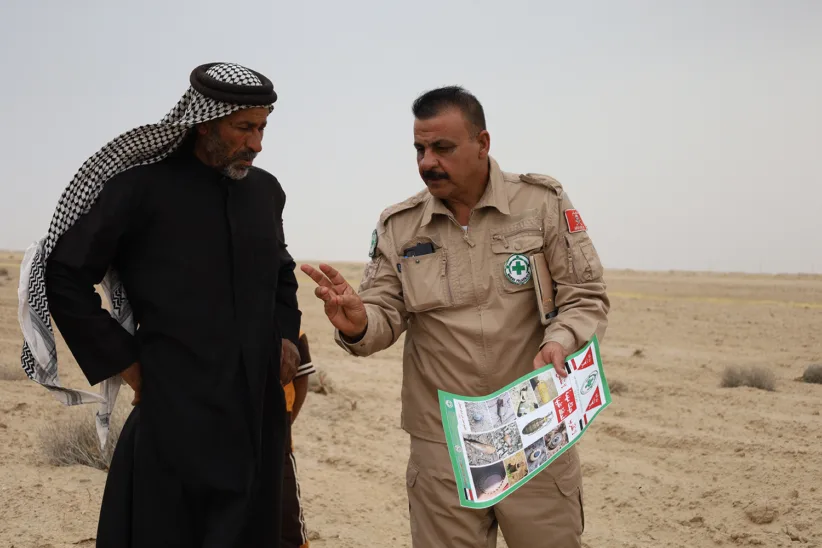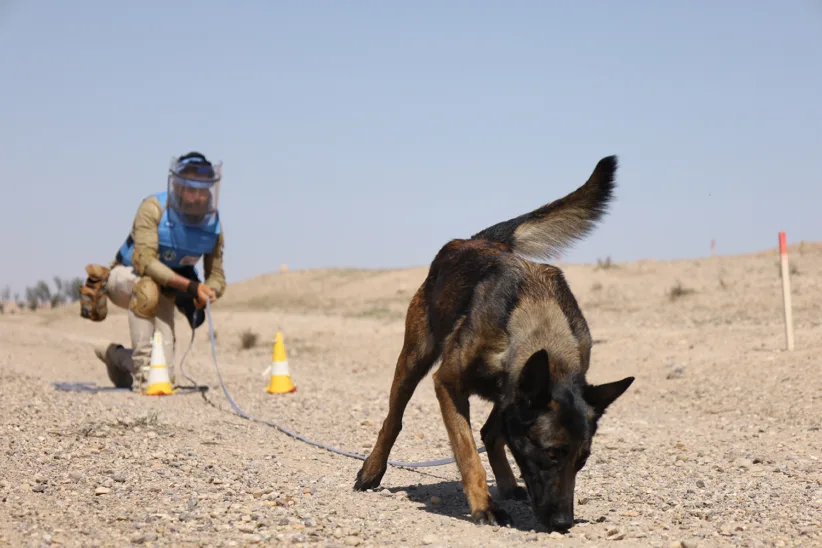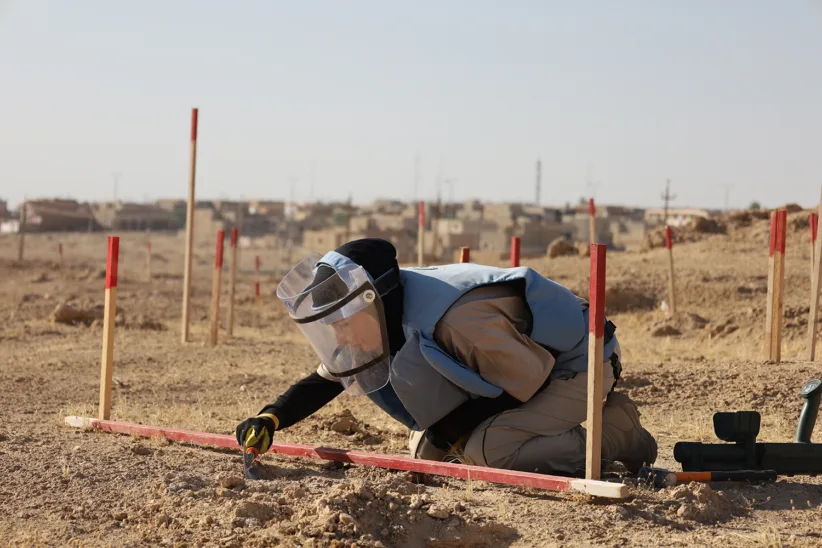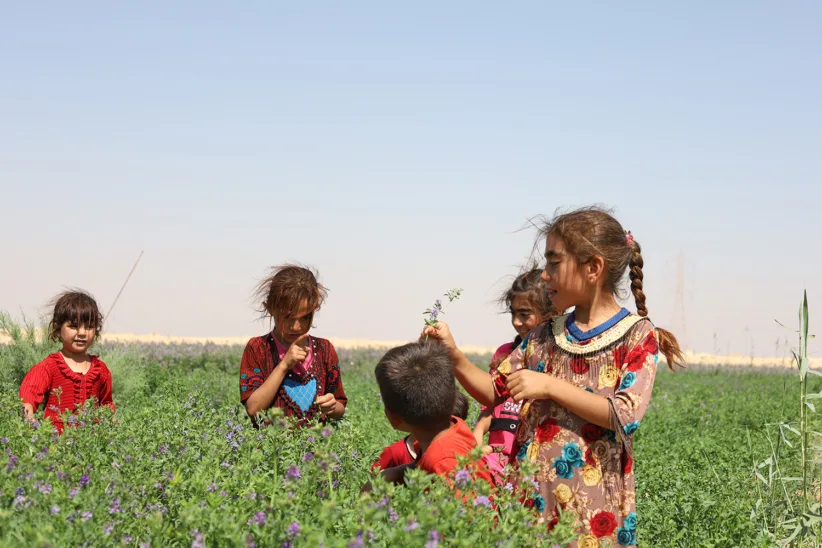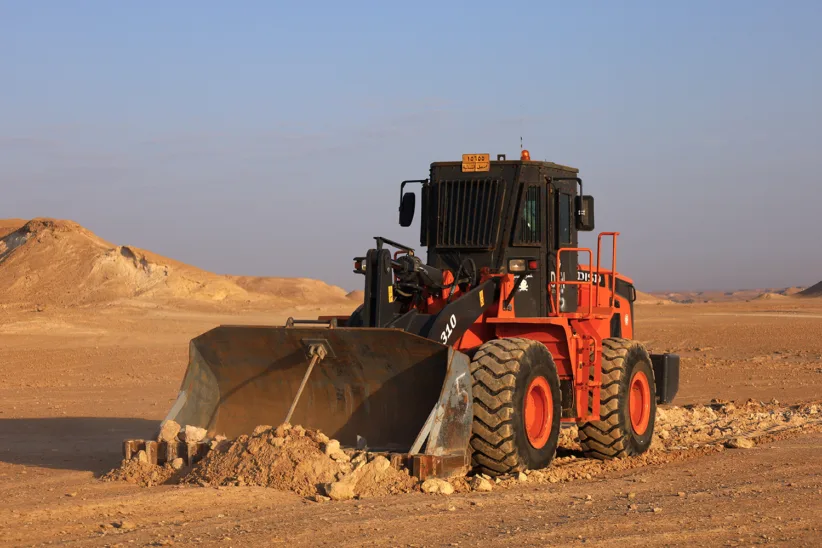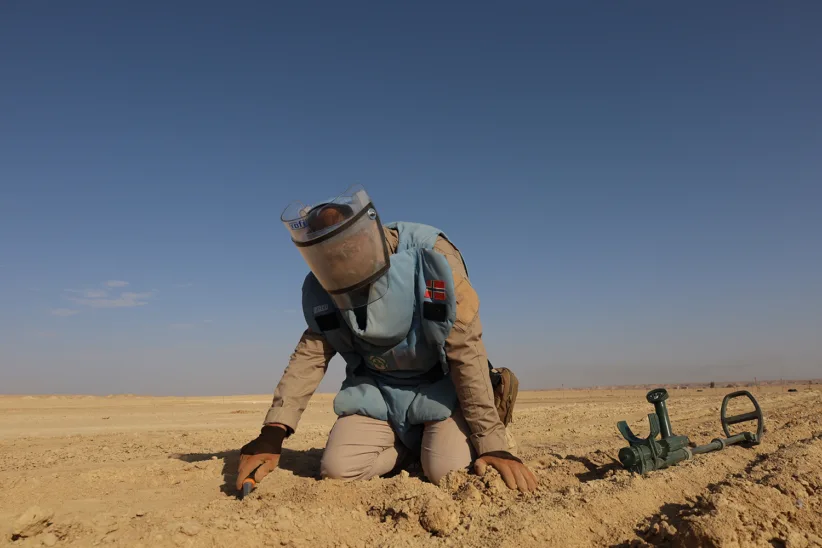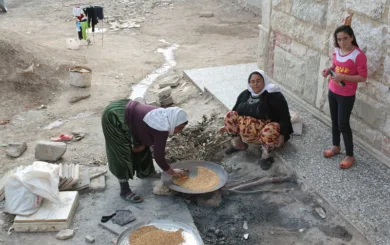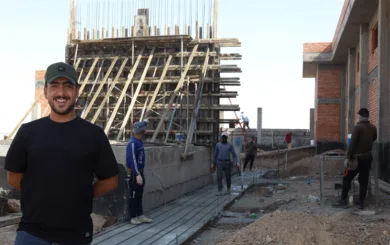The war between Iraq and Iran during the 1980s, the Gulf War in 1991, the 2003 invasion of Iraq, and the more recent conflict to liberate Iraq from the Islamic State in Iraq and Syria (ISIS) have littered Iraq with millions of Explosive Remnants of War (ERW), including cluster munition remnants (CMR) and landmines.
There is a total contaminated area of 1,636km2 of anti-personnel (AP) mines and improvised mines and 208km2 of CMR. Federal Iraq accounts for 1,420km2 AP mines and improvised mines and 11km2 CMR. The presence of mines and ERW continues to hamper the return of internally displaced persons (IDPs), economic recovery, and development.
Iraq is a signatory to both the Mine Ban Treaty (MBT) and the Convention on Cluster Munitions (CCM). According to Mine Action Review’s latest report, Iraq will not meet the MBT Article 5 deadline of February 2028 and the CCM Article 4 deadline of November 2028. This is due to the extensive scale of remaining contamination and the limited resources available to mine action.
Norwegian People's Aid in Iraq
NPA’s mine action program is one of the longest standing humanitarian operations in Iraq with a presence since 1995. The country office in Baghdad administers the sub-offices and allows for closer coordination with the Directorate for Mine Action (DMA), donors, local partners and other relevant stakeholders to support and develop the framework conditions for mine action in Iraq. Currently, NPA’s mine action program covers four governorates in Federal Iraq, implementing survey, clearance, and EORE across Basra, Muthanna and Thi Qar in the South, and Anbar in Central Iraq.
NPA’s work to protect civilians from explosive weapons in Iraq is enabled by generous support from several donors. They include the Norwegian Agency for Development Cooperation (Norad), the German Federal Foreign Office (GFFO), the U.S. State Department’s Bureau of Political-Military Affairs (PM/WRA), and U.S. Department of Defense (USDoD).
Fast facts
- 132,132,906m2 of land released.
- 519,036,816m2 cancelled land through NTS.
- 25,673 mines, 31,798 CM and 13,639 UXO/AXO found and safely destroyed.
- 228,996 people received EORE including 29,440 women, 72,172 girls, 116,997 boys, 70,387 men.

